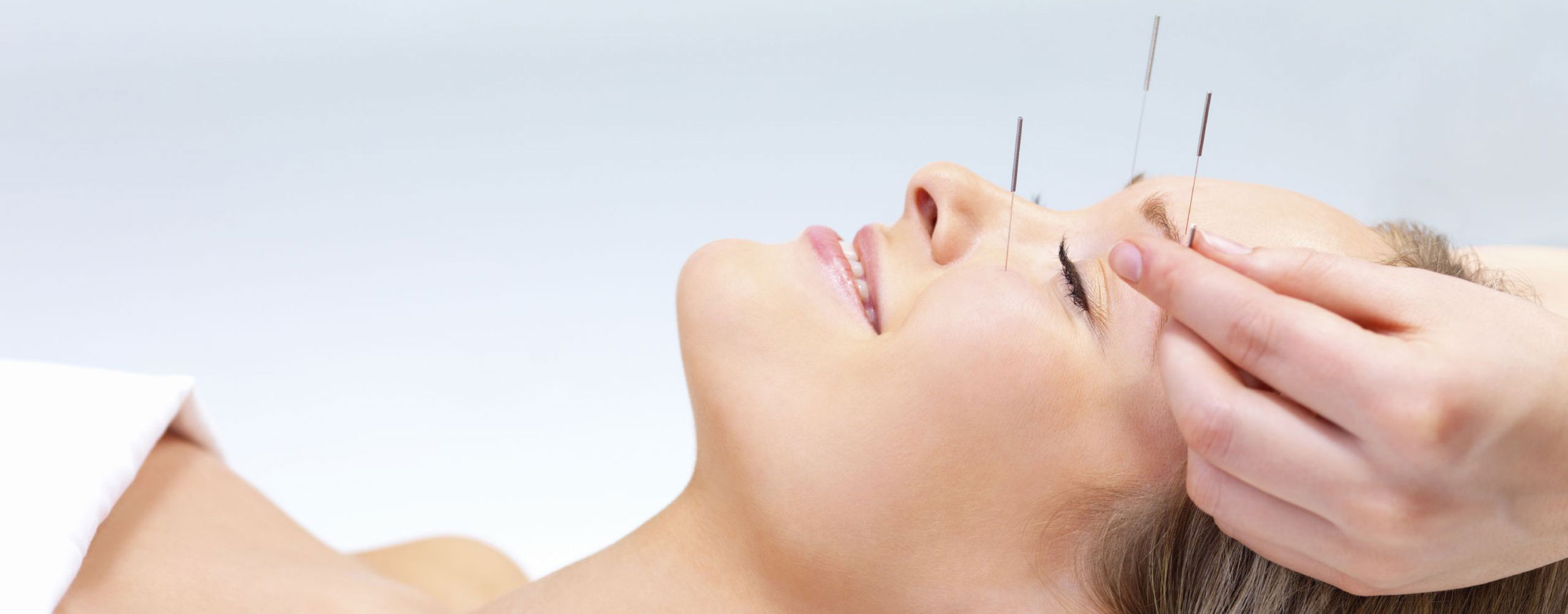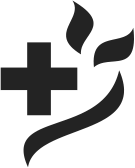Medical acupuncture is the evolution of an ancient therapeutic method that began in China. It is based on the insertion of extremely fine, sterilized, disposable needles into specific points of the body, aimed at treating various conditions.
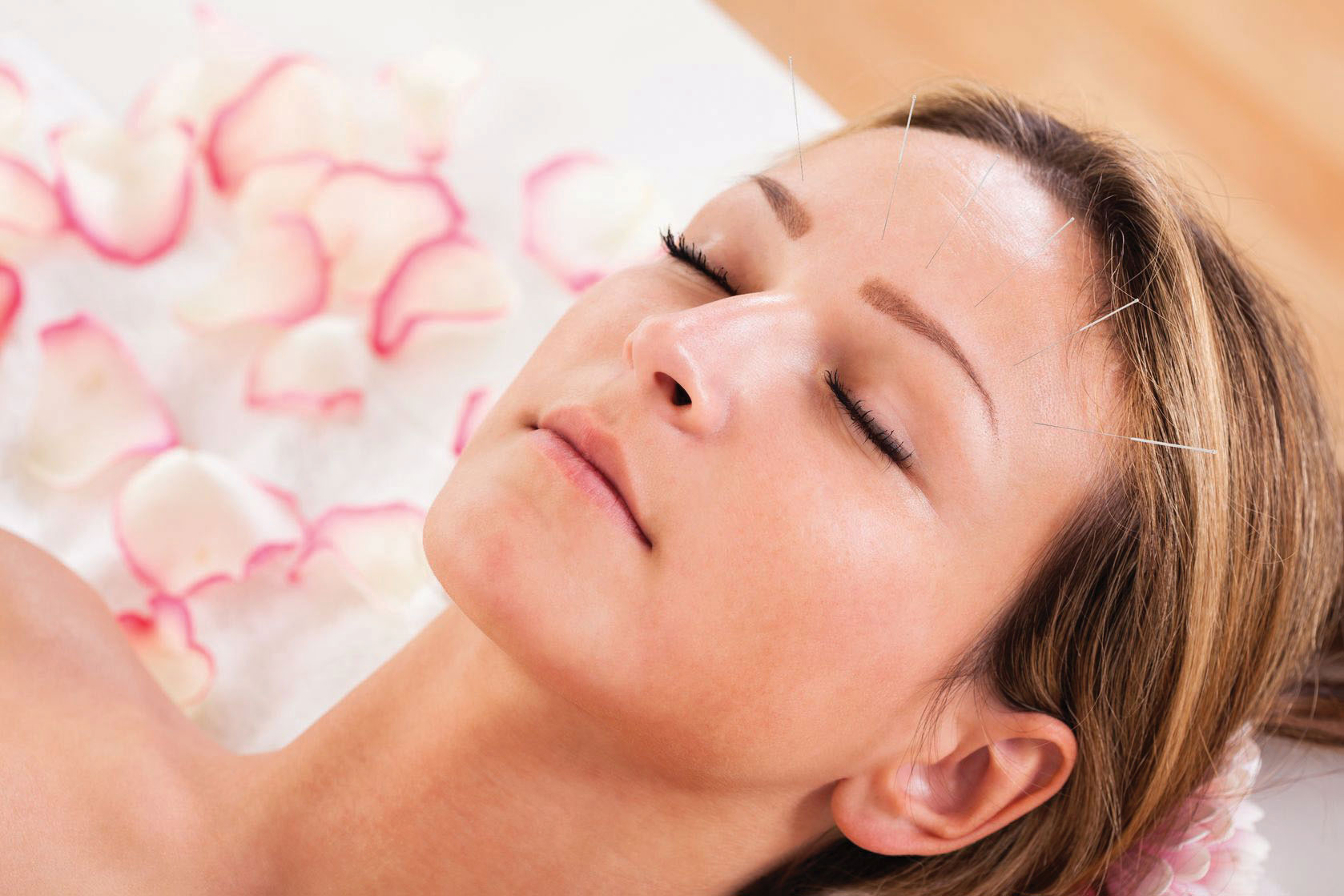
HOW DOES IT WORK?
Over the last decades, a number of valid scientific studies have shown the effectiveness of acupuncture for a number of disorders and have deciphered various mechanisms through which it works.
The insertion of the needles in specific acupuncture points stimulates the nerve endings in that site and triggers a sequence of nerve impulses towards the central nervous system.
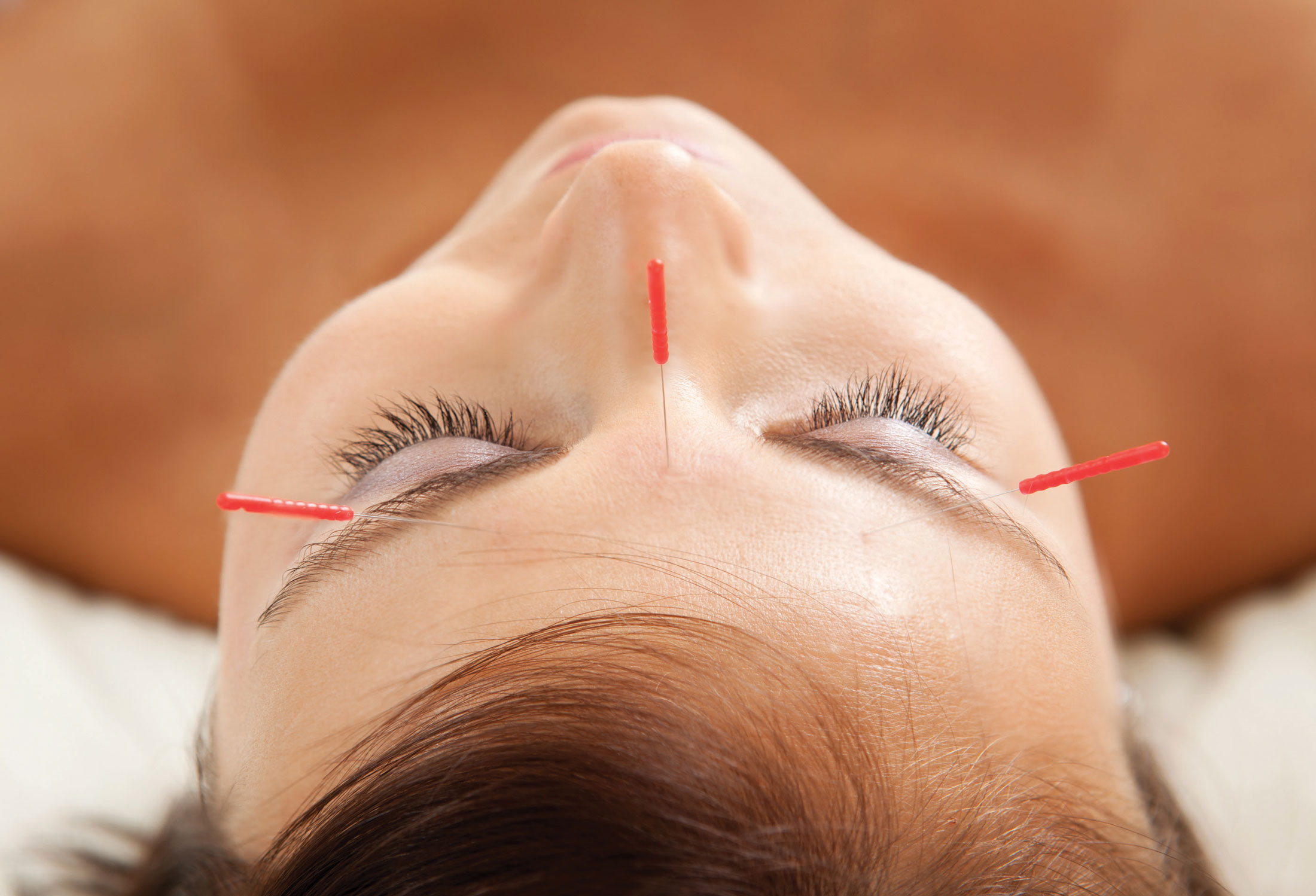
This stimulation results in the body releasing specific endogenous substances with an analgesic and antidepressant effect, such as endogenous opioids, enkephalins, endorphins, etc.
It also releases specific vasoactive peptides that enhance local blood flow in acupuncture sites.
IS IT PAINFUL?
Acupuncture is not painful and most times the needles are not even felt. The needles used are sterilized, disposable, flexible and extremely fine. They are completely different to needles that draw blood.
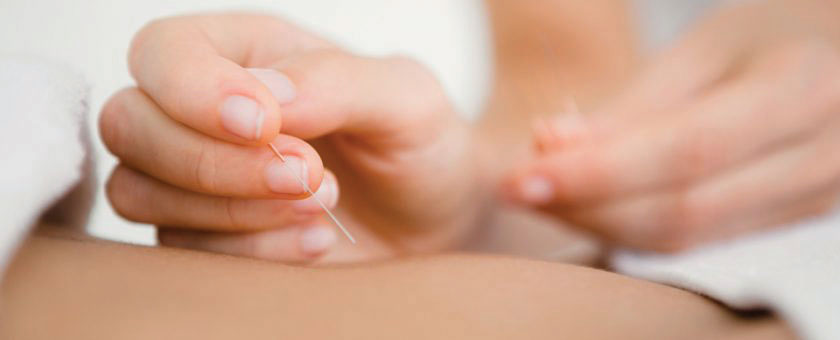
INDICATIONS AND EFFECTIVENESS OF ACUPUNCTURE
Based on the results of a number of clinical studies, the World Health Organization (WHO) and the American National Institute of Health (NIH) have defined the indications for Medical Acupuncture.
Respiratory disorders: Acute sinusitis, acute/allergic rhinitis, bronchial asthma, bronchial hyperreactivity, pharyngitis, allergies.
Gastrointestinal disorders: Epigastric pain (stomach ulcer, acute/chronic gastritis, esophageal spasm), hiccups, acute and chronic colitis, irritable bowel syndrome, constipation, diarrhea, nausea/vomit (morning sickness, post-operative vomit, chemotherapy induced), biliary colic, obesity.
Musculoskeletal disorders: cervicalgia, frozen shoulder, epicondylitis, back pain, coccydynia, knee pain, osteoarthritis, rheumatoid arthritis, gouty arthritis pain, post traumatic pain (e.g. sprain), postoperative pain, toothache.
Neurological disorders: headache/migraine, trigeminal neuralgia, facial paresis, paresis after stroke, nocturia.
Psychosomatic disorders: insomnia, anxiety, depression, melancholy, phobias (flight, agoraphobia, etc.), addiction (smoking, alcohol).
Gynecological/urological disorders: infertility, menstrual and menopause disorders (amenorrhea, dysmenorrhea, hot flashes), pregnancy problems (morning sickness, back pain, constipation), renal colic.
Skin disorders: Psoriasis, pruritis, herpes zoster.
ADVANTAGES
- Acupuncture is painless and can be applied to people of all ages.
- It heals acute or chronic pain and has a long-lasting effect (month or years).
- It has an anti-inflammatory effect and balances the immune and endocrine systems.
- It is often more effective than drugs in treating chronic disorders, while it is also indicated when drugs are either ineffective or cause undesirable side effects due to high dosage.
- It acts in synergy with drugs, in other words, it reinforces their effect without undesirable side effects or interactions, thus allowing a reduction of the drug dosage in chronic diseases.
- Drugs or food supplements can be taken during treatment.
- It is safe when applied by a trained physician (as stipulated by the Greek state).
- It boosts and rejuvenates the whole body (thus helping in the recovery phase of various illnesses or in patients after chemotherapy/radiation therapy).
- Therapy is affordable.
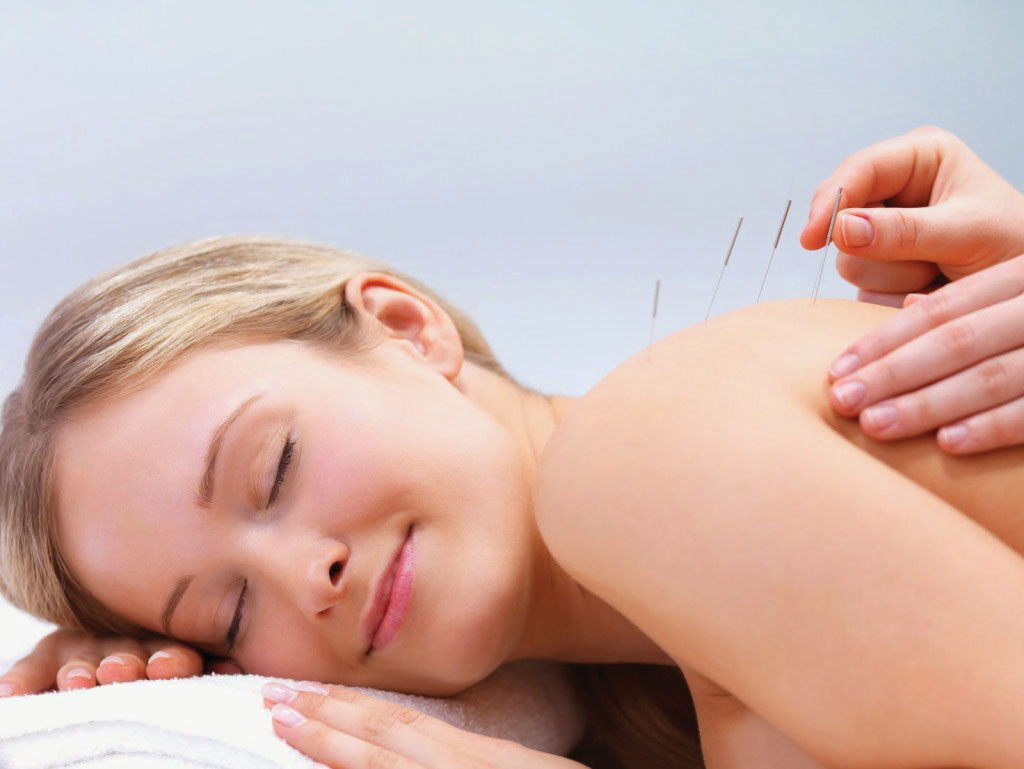
EFFECTIVENESS
Studies have shown that depending on the disorder, the effectiveness of acupuncture ranges between 70% and 95%. However, acupuncture is not a cure-all treatment. Given that acupuncture now constitutes medical practice and has been incorporated into Western medicine, it must be applied by trained physicians, who not only know how to apply acupuncture, but also how to examine the patient and diagnose a disorder (possibly an emergency) that requires other treatment.
SESSIONS AND THEIR DURATION
The total number of sessions that are required depends on the nature and inveteracy of the disorder, but also the intensity of the symptoms. There are cases where one sees improvement from the very first session, whereas up to 12 sessions may be needed for more chronic disorders.
In the majority of the cases, 7-8 sessions suffice for complete healing. Sessions last about 20 minutes and are usually repeated 2-3 times a week.




















